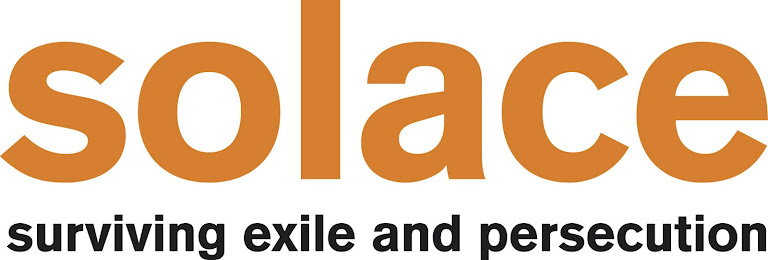Like many asylum seekers and refugees, Nathalie fled her country in a hurry, having not seen her husband and young children for months. She had no idea where they were or whether they were still alive, but she worried about them for hours every day, especially her baby who was only a few months old when Nathalie was taken away to a prison and tortured and raped.
Months after she had escaped to the UK, and uncertain of her own future, Nathalie still had no idea what had happened to her family, but she gave us the name of a priest she had worked with in the Congo who we looked up on the Internet where we found an email address.
In early 2010, we were desperate to find someone who could confirm Nathalie’s story of what had happened to her in the Congo to help her claim for asylum. Our first contact with the priest was an email which arrived just in time to persuade an immigration judge that Nathalie’s case had credibility. Without the email form the priest in the Congo, Nathalie’s chances of staying in the UK looked very slim. The email arrived while she was in the immigration court to decide her future.
While Nathalie’s claim for asylum in the UK was not resolved for another few months, we had also asked the priest if he knew the whereabouts of Nathalie’s family. For weeks we heard nothing and then in July 2010, the priest sent an email saying that he had found the family living on the border with Angola, in the south of the Congo, along with many other displaced Congolese refugees.
It was many more weeks before the priest managed to arrange a time when Nathalie’s husband and children could come to his house at a time when Nathalie could contact them by telephone. Electricity cuts and problems with the Internet in the Congo didn’t help matters.
The priest asked us to call his house at 3.30pm, Congolese time. It was now months after we first established contact with the priest and Nathalie now had leave to remain in the UK.
Nathalie hadn’t slept for days because of the anxiety stirred up by talking to her family again. She came to Solace where I called the priest. She wanted me to speak to him first. She was feeling so anxious that she was shaking in the chair next to me.
Nathalie had worried that her children wouldn’t know who she was. By the time she spoke to the elder of the two, who was still only 5-years old, she was kneeling on the ground in front of me with her head in my lap.
Nathalie asked him: ‘Did you miss me?’ ‘Do you know who I am?’ her son asks her if she is big or small – whether she is an adult or a child, in other words. He then asks her if she is going to bring him some black pudding that evening.
Black pudding touched a nerve with Nathalie because she used to bring her eldest boy black pudding, which he loved. Nathalie repeated the words ‘black pudding’ several times while sobbing in my lap.
Half an hour later the call ended with Nathalie’s head still in my lap, sobbing. She then drank four litres of water and sat down, exhausted, staring into space.
In September 2011, the family were reunited and living in bed and breakfast accommodation.
You can read Nathalie's back story in our latest Annual Review which you can download at www.solace-uk.org.uk
